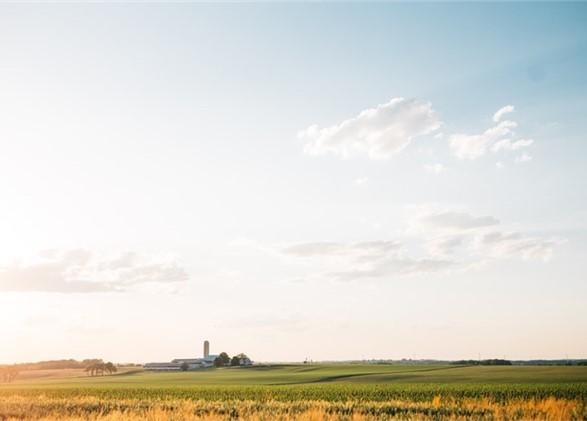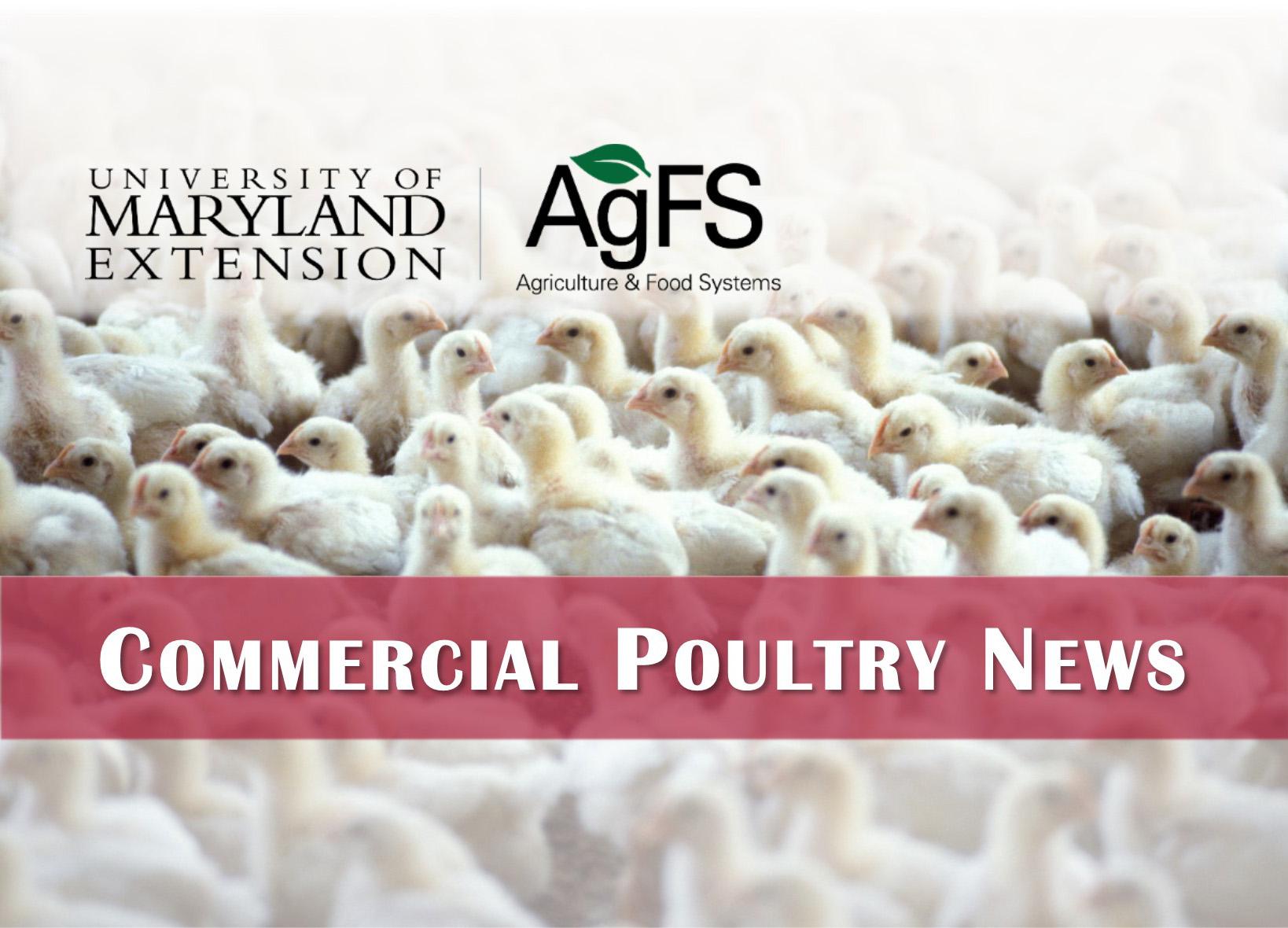Updated: July 22, 2022
Understanding Agricultural Liability: Premise's Liability (FS-1001)
You can take steps to limit your potential liability by understanding your legal obligation or duty to protect visitors and other third parties from foreseeable harm. You also will need to know to whom you owe the duty and what duty others may owe to you. Steps you can take to limit your liability include obtaining insurance, procuring releases, and providing warnings. You should work with a licensed attorney in your area and your insurance agent to identify the tools that will work best for you. Author: Paul Goeringer; Title: Understanding Agricultural Liability: Premise's Liability (FS-1001)
Updated: July 22, 2022
Farmer-saved Seed: What is Legal? What is Not? (FS-1064)
Most wheat and soybean seed sold in Maryland is protected by either U.S. Patent Law or the Plant Variety Protection Act (PVPA). These protections severely limit the age-old practice of “farmer-saved seed” or prohibit it entirely, depending upon the protection the owner of the variety secures. The following will discuss the implications of Patent Law and PVPA on farmer-saved seed of wheat and soybeans. Authors: Dale Morris, Robert Kratochvil, and Paul Goeringer; Title: Farmer-saved Seed: What is Legal? What is Not? (FS-1064)
Updated: July 22, 2022
Property Ownership and Transferring Are Important Features of Your Farm Succession Plan (FS-1056)
Many people think an estate plan is just a will, but it is much more than that. Your estate plan will typically include documents and tools to distribute your property according to your wishes following your death. When it comes to transitioning your farm or any family business to the next generation, how property is owned and the property transfers prior to your death can be important features of your succession plan or estate plan. Titling property in a joint tenancy with rights of survivorship allows you to choose who inherits upon your death and to transfer the property outside the will. Transferring property, such as through gifting, allows the property to go to the next generation prior to your death and provides control over who gets your property. Author: Paul Goeringer; Title: Property Ownership and Transferring Are Important Features of Your Farm Succession Plan (FS-1056)
Updated: July 20, 2022
Legal Liability of Saving Seeds in an Era of Expiring Patents (FS-1000)
2014 marked the expiration of Monsanto’s patent on the first generation Roundup Ready© technology. But, this expiration does not mean that farmers using seed from first generation Roundup Ready© technology will be able to save harvested seed for planting a subsequent crop. Many seed companies utilizing this technology may consider other federal law protections afforded them. One such protection would be the Plant Variety Protection Act (PVPA). Another protection would be the use of contracts. A company also may look at utilizing patent law to limit seed saving. You will need to consider each one of these to determine if saving the seed is allowed. Author: Paul Goeringer; Title: Legal Liability of Saving Seeds in an Era of Expiring Patents (FS-1000)
Updated: July 7, 2022
Considerations for Equine Lease Agreements (FS-1062)
Offering a horse for lease can be a good option for an owner who is unable to ride or care for their horse due to physical, time, or financial constraints but still wishes to maintain ownership. A lease can be an alternative to selling the horse, a way to cut maintenance costs, or an avenue to ensure the horse remains in work. An equine lease can take many forms, depending on how the lease agreement is constructed. This publication includes information on the factors to consider when preparing or reviewing a written lease agreement, as well as case studies that describe the terms of the leases. Authors: Sara BhaduriHauck and Paul Goeringer; Title: Considerations for Equine Lease Agreements (FS-1062)
Updated: April 7, 2022
Understanding Agricultural Liability: Maryland Fencing Law (EB-419)
The publication provides a general overview of previous court decisions related to fencing in agriculture and examples of county ordinances that impact fencing duties. For example, counties potentially have ordinances that impact the maintenance and construction of fences, specify how costs should be split between neighboring landowners, and liens to force non-paying landowners to pay their share of the costs. Author: Paul Goeringer, Title: Understanding Agricultural Liability: Maryland Fencing Law (EB-419)
Updated: April 1, 2022
Developing Proactive Legal Strategies for Handling Protesters and Hiring Employees to Limit Legal Issues on Your Farm (FS-1163)
Managing legal risks can mean following a well-thought-out process to hire new employees, correctly training new employees, allowing them additional training to stay current on the most recent chemical application and animal welfare practices, and developing other proactive strategies to limit legal challenges impacting a farm operation. This publication assists readers in better understanding what can go into this process. Title: Developing Proactive Legal Strategies for Handling Protesters and Hiring Employees to Limit Legal Issues on Your Farm (FS-1163). Author: Paul Goeringer, Ellen Pearson
Updated: March 29, 2022
Understanding Agricultural Liability: Legal Risk Management Considerations (FS-995)
This fact sheet can serve as another tool in a farmer’s risk management plans by providing information on how farmers can protect themselves from legal challenges from a nuisance or violation of an environmental permit. The information discussed in this fact sheet will not eliminate threats of lawsuits. Elimination of 100 percent of legal risk is not possible. Understanding Agricultural Liability: Legal Risk Management Considerations is available here http://drum.lib.umd.edu/handle/1903/16345. Author: Paul Goeringer, Title: Understanding Agricultural Liability: Legal Risk Management Considerations (FS-995)

